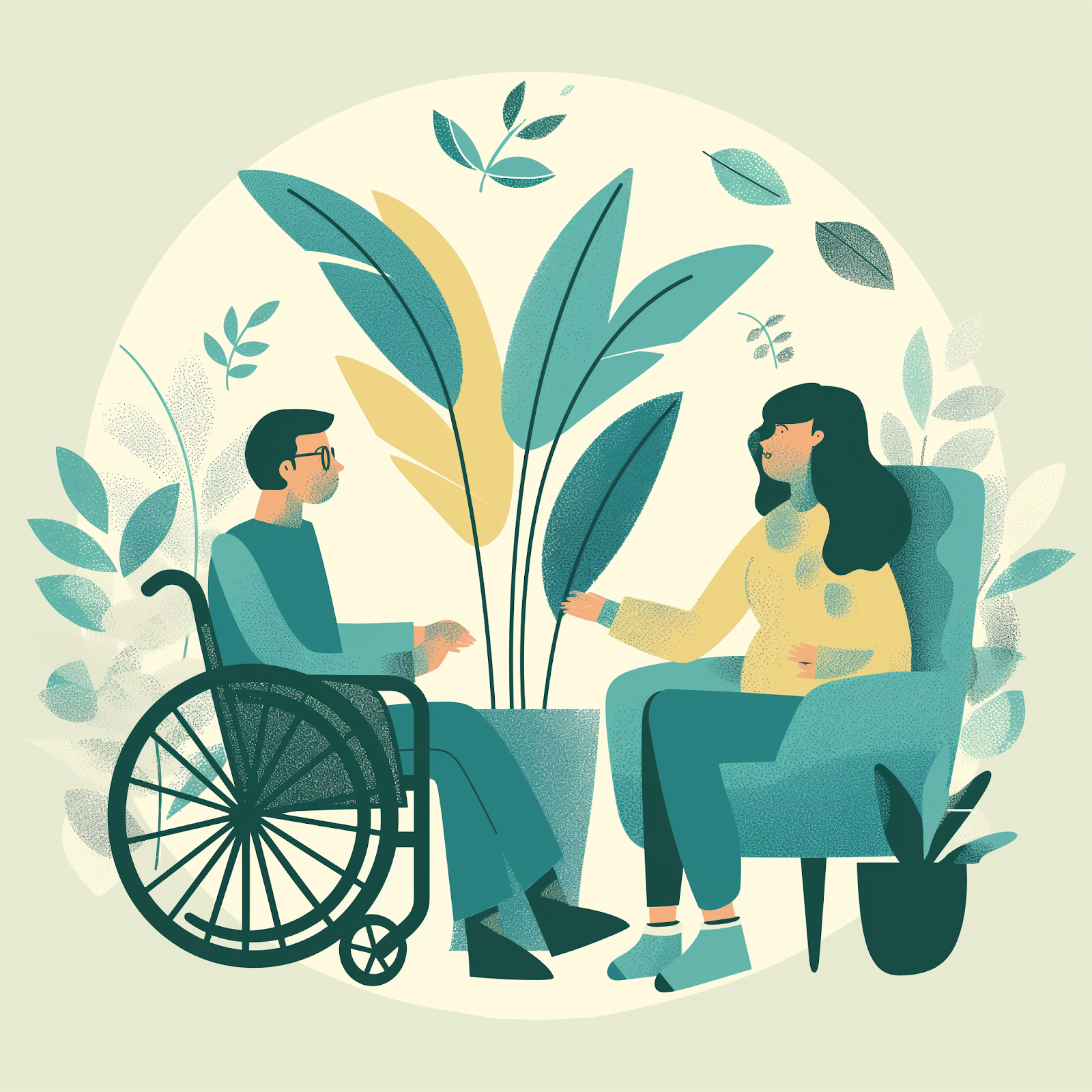Support coordinators do a whole lot for NDIS participants, but one of the main parts of their role is to enhance a participant’s mental health and wellbeing. In fact, support coordinators integrate mental health support into NDIS Plans so that individuals with disabilities achieve their goals and improve their overall quality of life.
It makes sense, too: a support coordinator’s chief task is to help NDIS participants navigate the complexities of their NDIS plans. They provide a bridge between participants and service providers, facilitating the coordination of various services such as mental health support, therapy, and capacity building.
So, what’s the first step? To integrate mental health support into an NDIS plan, a support coordinator needs to assess the participant’s mental health needs. Support coordinators work closely with participants to understand their mental health challenges to identify appropriate services. This may include psychological therapy, counselling, psychiatric support, or more.
With consent, support coordinators talk to mental health professionals to ensure that participants receive the best possible care. This can involve coordinating appointments, facilitating communication between participants and mental health providers, and ensuring that mental health support is always a part of the participant’s overall NDIS plan.
A support plan that includes mental health services is crucial for promoting the wellbeing of NDIS participants. Support coordinators develop tailored plans that address the unique needs of each participant, ensuring that mental health support is prioritised and accessible. Access is key!
However, just as important as ensuring mental health support is integrated into an NDIS Plan, capacity building is another key strategy used by support coordinators to enhance the mental health and wellbeing of NDIS participants.
In a nutshell, capacity building is about helping participants develop the skills and confidence needed to manage their mental health. Support coordinators simply empower them to lead more independent and fulfilling lives.
Support coordinators connect participants with a range of support services that can improve their mental health and wellbeing. These services may include social groups, recreational activities, and educational programs designed to promote social inclusion – and reduce isolation.
Of course, monitoring and reviewing a participant’s progress is essential for ensuring that their mental health needs are also being met. Support coordinators need to check in with participants, assess the effectiveness of their support plans, and adjust processes where needed to ensure ongoing improvement.
With this in mind, one of the primary benefits of support coordinators is improved mental health outcomes for NDIS participants. By providing access to appropriate mental health services and support, participants can experience reduced symptoms of anxiety, depression, and other mental health conditions.
Support coordinators play a vital role in enhancing the overall quality of life for NDIS participants. By addressing mental health needs and connecting participants with valuable support services, they help individuals lead happier, healthier, and more fulfilling lives.
Support coordinators empower NDIS participants to become more independent by building their capacity to manage their own mental health and wellbeing. This increased independence can lead to greater self-confidence and a stronger sense of agency.
Support coordinators are essential in promoting the mental health and wellbeing of NDIS participants. By integrating mental health support into NDIS plans, they help individuals with disabilities achieve their goals and improve their overall quality of life. The role of a support coordinator is multifaceted, involving assessment, collaboration, and the development of comprehensive support plans. Their efforts result in significant benefits for participants, including improved mental health outcomes, enhanced quality of life, and increased independence.
For more, please visit Mental Health Australia and Clickability.




